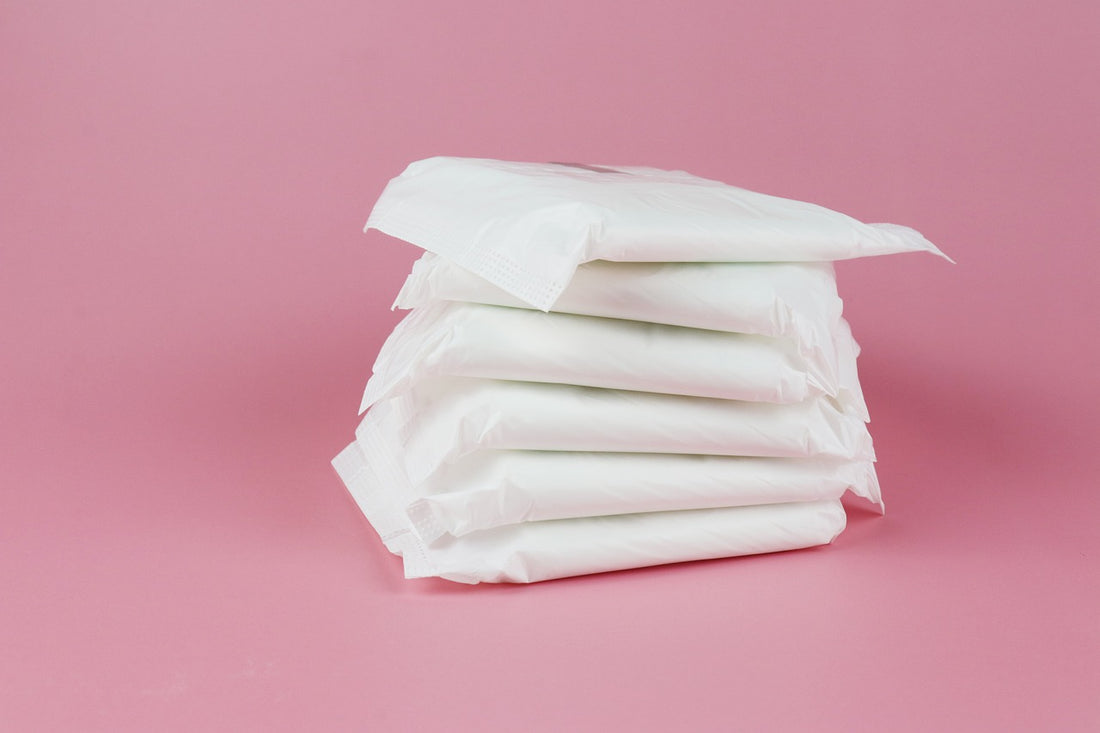Lochia, also known as postpartum bleeding, is a natural and expected occurrence after childbirth. It is the shedding of uterine debris, membranes, and blood left behind after the baby is born. This process is an essential part of postpartum recovery, allowing the uterus to return to its pre-pregnancy size and condition.

Phases of lochia
Lochia occurs in three distinct phases:
-
Lochia rubra : This phase lasts about three to four days after delivery. The bleeding is heavy and bright red, similar to a very heavy period. It contains blood, fragments of membrane, and decidualized cells.
-
Lochia serosa : This phase extends from the fourth to the tenth day postpartum. The bleeding becomes lighter and takes on a pinkish or brownish color. This indicates the decrease in bleeding and the beginning of healing of the uterus.
-
Lochia alba : The final stage, which can last up to six weeks after delivery. The secretions become white or yellowish and are mainly composed of leukocytes, epithelial cells and mucus.

Monitoring and care
It is important to monitor lochia for any abnormalities. A sudden increase in the amount of blood, a bad odor, or the appearance of large clots may indicate an infection or other complications that require immediate medical attention.
Hygiene : Maintaining good hygiene is essential to prevent infections. It is recommended to change sanitary towels regularly and gently wash the perineal area with warm water. The use of tampons is not recommended during this period due to the increased risk of infection.
Rest and recovery : The body needs time to recover after delivery. Rest, a balanced diet and adequate hydration are essential to promote healing.
When to see a doctor?
Certain situations require immediate medical consultation:
- Heavy bleeding : If bleeding remains bright red and heavy beyond the first few days.
- Severe pain : Severe pain in the lower abdomen may indicate an infection.
- Fever : A high temperature may signal a postpartum infection.
- Bad odor : A foul odor coming from lochia is often a sign of infection.

The Importance of Postpartum Follow-up
Regular postpartum medical monitoring helps ensure that recovery is going well. Health professionals can check the progress of lochia, assess the healing of the uterus, and detect any potential complications.
Lochia is a natural and necessary part of the postpartum recovery process. While it can be uncomfortable and embarrassing, it plays a crucial role in restoring uterine health. By being well-informed and carefully monitoring its progress, new mothers can navigate this time with confidence and ensure a safe recovery.
For further information and specific advice, it is always recommended to consult your doctor or midwife.




